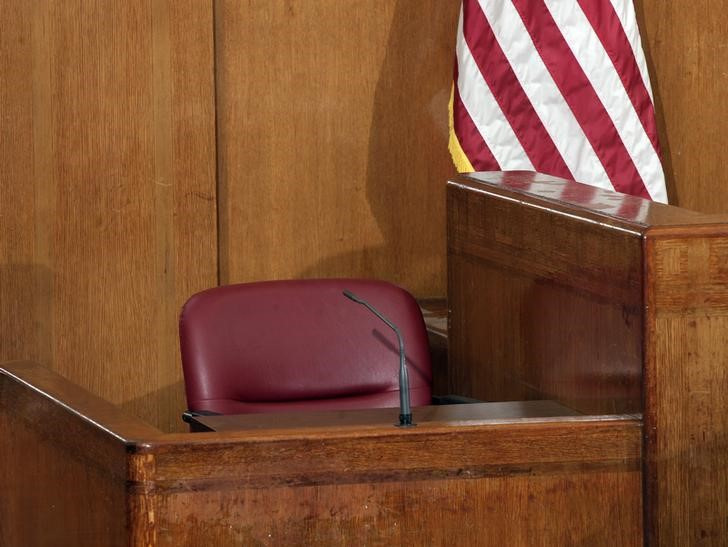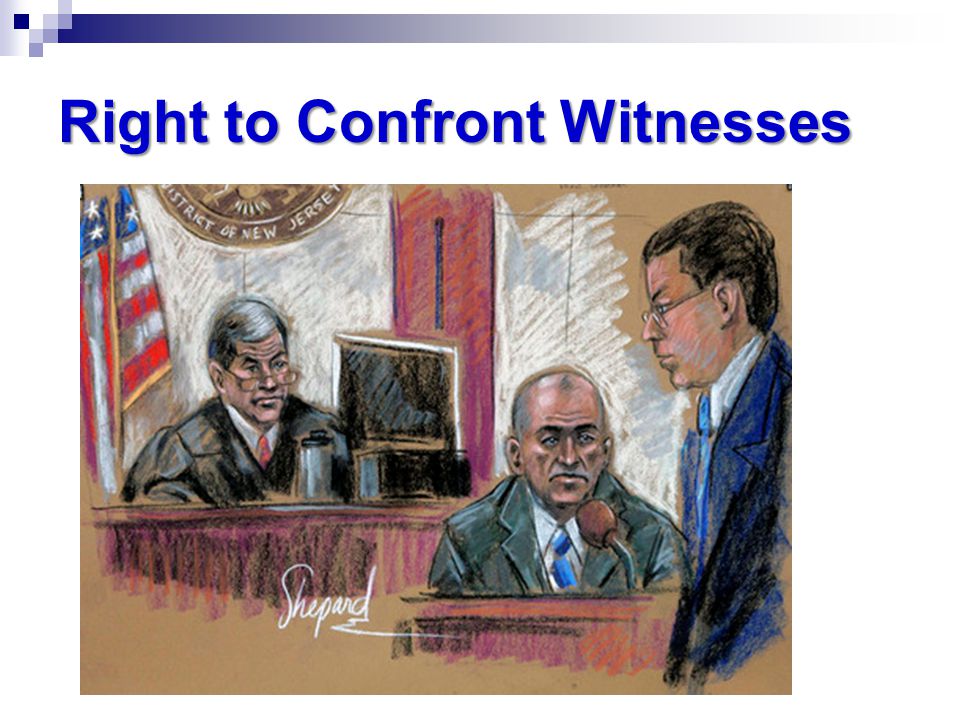
In State v. Hall-Haught, No. 102405-3 (May 29, 2025), the WA Supreme Court reversed the defendant’s conviction for Vehicular Assault and held the Confrontation Clause prohibits crime laboratory supervisors from testifying about test results reached by a nontestifying subordinate. In short, if the analysis hinges upon whether a statement from a lab analyst is true, that analyst must personally testify for their opinion to be admissible at trial.
FACTUAL BACKGROUND
Mrs. Hall-Haught was involved in a head-on collision with another. The collision caused the trunk of her vehicle to pop open, spewing drug paraphernalia across the roadway. Law enforcement responded to the scene of the accident. Both individuals were transported to the hospital, so the officer did not perform any field sobriety tests on Hall-Haught. Washington State Trooper Williams, upon arrival at the hospital, observed that Hall-Haught had bloodshot and watery eyes, and dilated pupils. Trooper Williams was granted a search warrant to test Hall-Haught’s blood. Hall-Haught’s lab results showed 1.5±0.40 nanograms per milliliter of tetrahydrocannabinol (THC) in her blood, but no alcohol was detected.
The State charged Hall-Haught with Vehicular Assault, alleging that she had driven or operated a vehicle either (i) in a reckless manner, and/or (ii) while under the influence of intoxicating liquor or any drug, and/or (iii) with disregard for the safety of others.
At her jury trial, the State called Ms. Harris, a supervisor with the Washington State Patrol Toxicology Laboratory. Harris testified that she was not the technician who tested the blood samples, but that she reviewed and signed off on the lab report of Hall-Haught’s blood samples testing. Harris testified to her experience and training, to include working as a prior bench scientist at the laboratory, and about her knowledge about the Washington State Patrol (WSP) standard operating procedures. Harris testified that as a supervisor, she no longer examined and tested blood samples, but she reviewed the work of the bench scientists.
Ms. Krantz was the forensic analyst that performed the toxicology examination and produced the report on Hall-Haught’s blood samples. The State called Harris instead of Krantz to testify about the toxicology results. Hall-Haught objected to Harris’ testimony and argued that introducing the test results without the testimony of Krantz, the technician who performed the blood test, violated her right to confront and cross-examine the witnesses against her. The trial court admitted the lab test results over Hall-Haught’s objection.
Hall-Haught was convicted of vehicular assault. She timely appealed. Eventually, the WA Supreme Court granted review to address the issue of whether the Confrontation Clause is violated when forensic test results are admitted into evidence without testimony from the lab analyst who conducted the testing.
COURT’S ANALYSIS & CONCLUSIONS
The Court began by saying the Sixth Amendment Confrontation Clause and the Washington Constitution provide that a defendant in a criminal prosecution shall have the right to confront or meet the witnesses against them. The Confrontation Clause bars admission of testimonial statements of a witness who did not appear at trial unless the witness was unavailable to testify, and the defendant had a prior opportunity for cross-examination. Crawford v. Washington, 541 U.S. 36, 53-54, 124 S. Ct. 1354, 158 L. Ed. 2d 177 (2004).
A statement is testimonial if the primary purpose of the interrogation is to establish or prove past events potentially relevant to later criminal prosecution. Davis v. Washington, 547 U.S. 813, 822, 126 S. Ct. 2266, 165 L. Ed. 2d 224 (2006). It is nontestimonial if the primary purpose of the interrogation is to enable police assistance to meet an ongoing emergency. Testimonial statements are barred at trial unless the declarant is unavailable and the defendant has had a prior opportunity to cross-examine the declarant.
Here, the WA Supreme Court held the lab toxicology report in this case was testimonial and therefore inadmissible.
“The record before us shows that Hall-Haught’s blood was seized as evidence to further establish the cause of the collision,” said the Court. It reasoned that WSP Trooper Williams testified that Hall-Haught was the “causing driver,” but she was not cited at the scene because the investigation was still in process. He applied for a search warrant to obtain Hall-Haught’s blood sample based on the totality of the circumstances which included (i) a cannabis pipe and paraphernalia at the scene, (ii) Hall-Haught’s admission of regular cannabis use, (iii) the mechanism of the collision, and (iv) Hall-Haught’s bloodshot and watery eyes, and dilated pupils. Hall-Haught’s blood was sent to the WSP toxicology laboratory that is specifically used for law enforcement DUI drug testing cases.
Next, the Court held the WSP toxicology lab report was admitted to prove Hearsay. A court analyzing a confrontation clause claim must identify the role that a given out-of-court statement served at trial. If the expert witness communicates an absent witness’ out-of-court statement in support of their own opinion, and the statement provides that support only if true, then the out-of-court statement is admitted for its truth.
The Hearsay in this case was Hall-Haught’s lab reports. They were introduced to show the truth of what they asserted: that Hall-Haught had cannabis in her system and that it was a contributing factor to the collision. Importantly, however, the Court pointed out the glaring fact that Ms. Krantz was an absent witness:
“The record provides no information as to Krantz’s unavailability to testify or that Hall-Haught had a prior opportunity to cross-examine her. Therefore, under the confrontation clause, Krantz was a “witness” Hall-Haught was entitled to confront at her trial.” ~WA Supreme Court
With that, the WA Supreme Court held that Ms. Hall-Haught’s Confrontation Clause rights were violated by Ms. Krantz’s absence at trial. “Ms. Krantz, the analyst who performed the testing and wrote the report, was the real witness against Hall-Haught and not Ms. Harris,” said the Court.
My opinion? Excellent decision. Criminal defendants must be empowered to rigorously test the State’s evidence. Scrutinizing the results generated by the toxicology laboratory is an effective means of subjecting the State’s awesome prosecutorial powers to such scrutiny.
Please contact my office if you, a friend or family member are charged with a crime. Hiring an effective and competent defense attorney is the first and best step toward justice.








